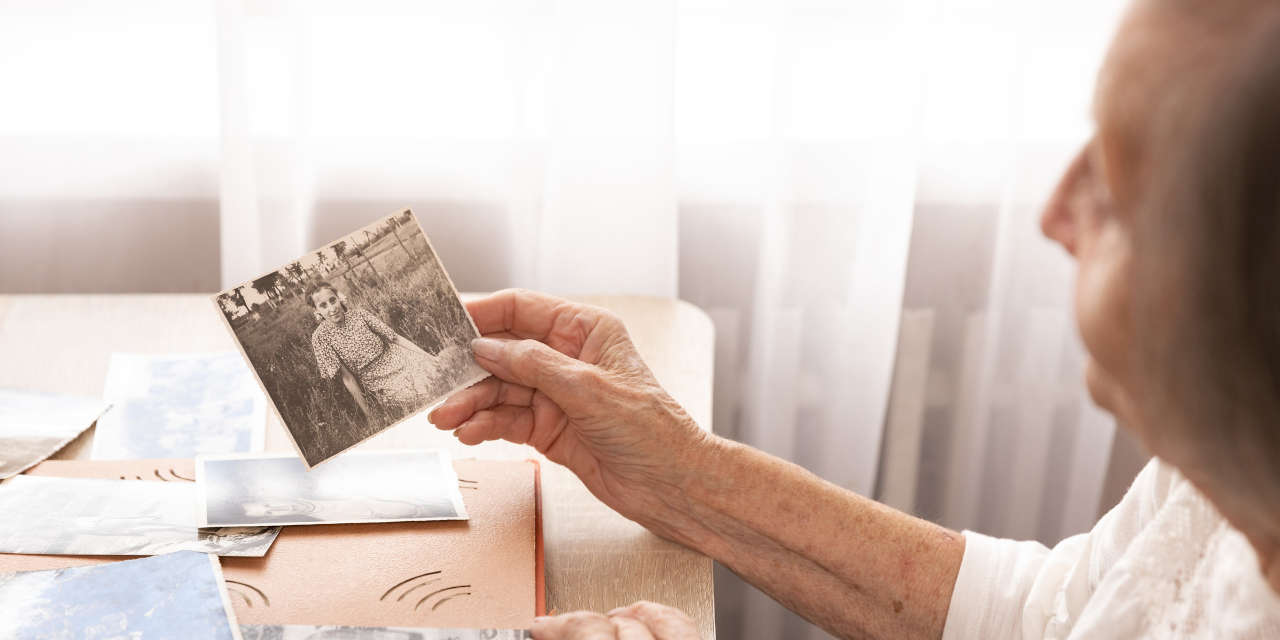By Steve Moran
I have a Facebook acquaintance who is in his early 70s and otherwise very healthy. He’s been diagnosed with Alzheimer’s and is starting to experience some symptoms. He and his wife are carefully documenting the journey with nearly daily posts.
They are doing it 100% right. Diet, exercise, supportive family, friends, and community. They are reading everything and having conversations about the process.
Even when talking about the challenges and uncertainties, they seem to be managing it, figuring it out perfectly.
They are apparently tightly connected with medical experts who are helping them optimize life in this fight with the disease.
It is all very Kumbaya.
And … I am jealous because that is not my experience.
It’s Not Just This One Thing
I see aging services people saying, “Dementia is not really a terrible, awful thing.” The underlying message is that if you see it as awful, if you experience it as awful, there is something wrong with you — the outside observer, the caregiver, the family member.
It ignores the reality:
The person with Alzheimer’s having fresh memories of a loved one’s death over and over again as a brand new wound.
Answering the same question ten or twenty times a day.
The pain of not remembering who your children and grandchildren are. Not remembering your spouse.
Waking up each morning and peeking in the bedroom to see if your loved one passed during the night.
Stinky floors because of incontinence.
Finding adult briefs soaked with urine, or worse, hidden in the closet.
Fits of anger and frustration that come from nowhere.
The Best of a Bad Situation
Don’t get me wrong. Dementia care done well can create moments of pleasure and happiness, moments of connection. It can make the best of a bad situation.
But we should never pretend that it is not a horrible disease that takes a huge toll on the individual with the disease and every family member and friend in that person’s circle.
It’s the Guilt That Kills You
My friends on Facebook are very early in the journey. He knows what is happening to him. His body still functions well (to the best of my knowledge). The accommodations he, his wife, and family are having to make are relatively painless.
And yet even for them, it has completely transformed their lives. I believe, in a weird way, that transformation is still new and exciting. They are figuring it out and learning new things.
But there is going to come a time when it is ugly and awful.
Professional vs. Personal: There’s a Difference
If you are in the memory care business and think you know because you have cared for dozens or hundreds of individuals with dementia, being a family caregiver is a far different experience.
Being able to go home at night and leave your residents in the hands of others is not the same as loving and caring for someone with the disease. Being responsible for making life and death decisions for them. Responsible for making financial decisions.
What I hate is the underlying message that if you are not dealing with it like we are, if you are not dealing with it as well as “the professionals” say you should be, then there has to be something wrong with you.
I’m Doing the Best I Can
Dammit, I am doing a good job. I am doing the best I can do.
It will never be perfect. Some disaster is right around the corner — a fall, a stroke, a heart attack, a UTI. And even though I am doing the best I can, I will wonder, was there something else I should have done?
No thanks, don’t lay a guilt trip on me.
I am doing the best I can, and it is messy. I am happy for you that your journey is better than mine, and I am grateful that mine is not as bad as what some others have experienced.
You need to acknowledge that it is different for everyone and that some journeys are easier than others — which also means some are harder than others.
Support me, don’t judge me.







